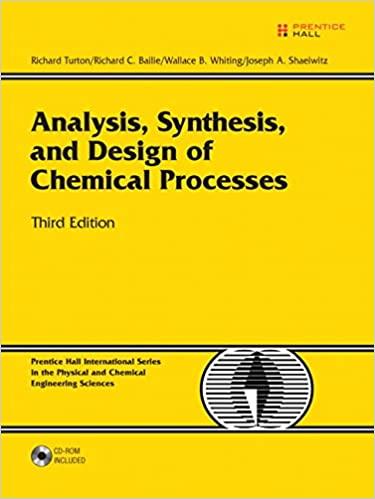Question
This is from the enthalpy of a reaction experiment using NaOH and NH4Cl. Assume that the Ccal is 35.5 J/degrees C. This is a calorimetric
This is from the enthalpy of a reaction experiment using NaOH and NH4Cl. Assume that the Ccal is 35.5 J/degrees C. This is a calorimetric experiment in which heat exchange was measured by dissolving a compound in water and measuring the heat exchange of an aqueous chemical reaction.
1. Everyone used the same value for Ccal (35.5 J/degrees C), how does this assumption affect the results of the experiment? Would this be a human, systematic, or random error across the class data for part B?
2. When analyzing the data, it is assumed that the specific heat for the solution is the same as it is for water. In fact, the specific heat for this solution is lower than that of pure water. Describe how this affects the experimental qsolution.
3. Consider the dissolution of sodium hydroxide.
a. Was the literature value given higher (more positive) or lower (more negative) than your result?
b. Does this mean that your experiment released more or less heat than the accepted literature value?
c. Give a specific error that would have affected your results in that way.
Step by Step Solution
There are 3 Steps involved in it
Step: 1

Get Instant Access to Expert-Tailored Solutions
See step-by-step solutions with expert insights and AI powered tools for academic success
Step: 2

Step: 3

Ace Your Homework with AI
Get the answers you need in no time with our AI-driven, step-by-step assistance
Get Started


